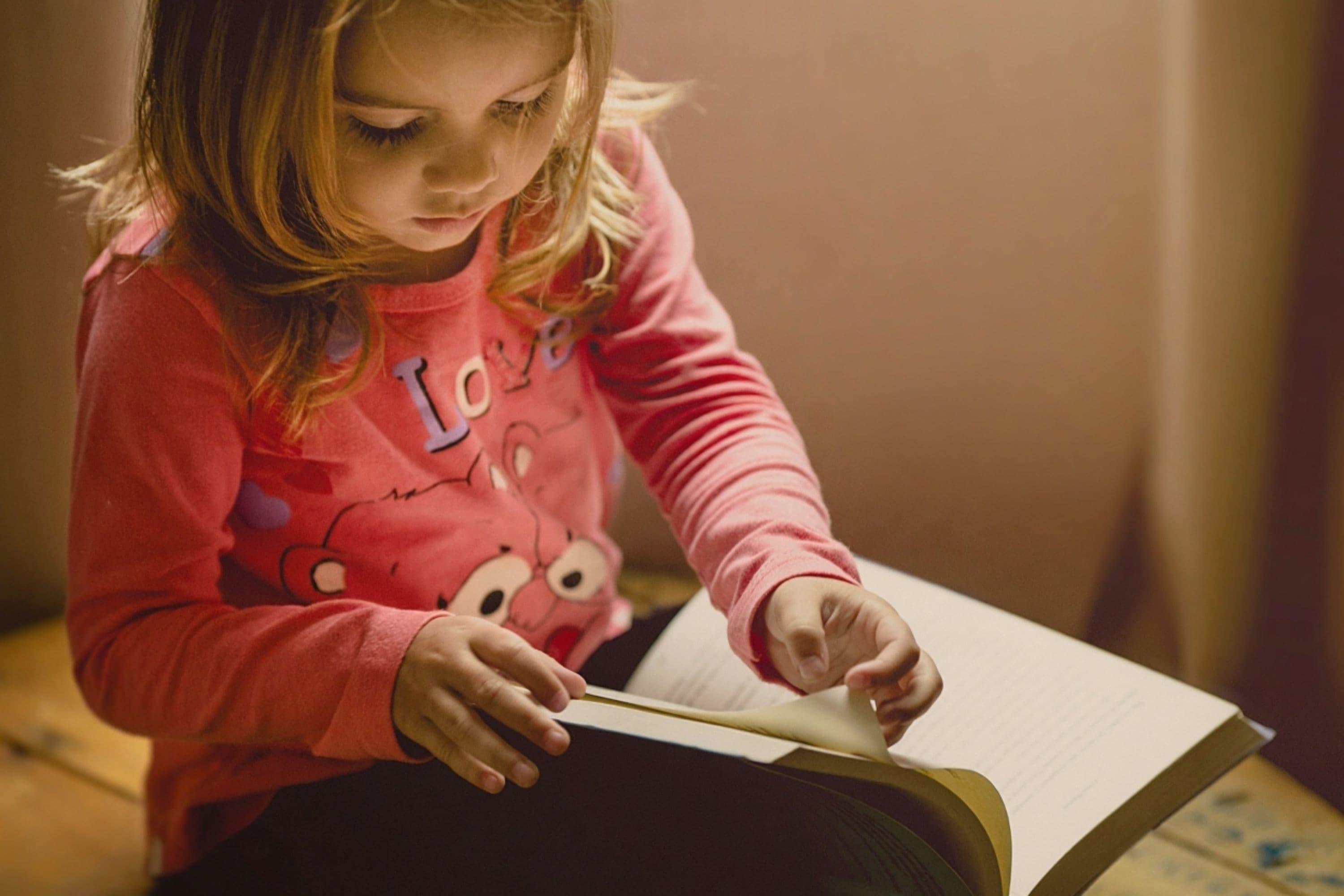
Remember the last time a story completely captivated you? The kind that made you lose track of time, forget where you were, and immerse yourself in a different world? Stories have that kind of power. They’re more than entertainment it’s just how we connect, make sense of the world, and how we remember what truly matters.
What if we told you that every student has an incredible storyteller inside them, just waiting to be unleashed? Often, storytelling is seen as a gift reserved for authors, screenwriters, or performers. But the truth is, storytelling is a fundamental human skill. It’s something we all carry within us, and when we tap into it in the classroom, we can transform the way students learn.
Imagine turning a monotonous history lesson filled with names and dates into a gripping tale of bravery and resilience. Suddenly, the struggles and triumphs of people from the past come alive. A science class that might otherwise feel like a list of processes becomes an exciting journey as students follow the adventures of a curious water droplet travelling from the clouds to the earth and back again. Even Math, often viewed as rigid or abstract, takes on new life through a story about a determined baker trying to split his enormous pie using fractions. When students craft these stories themselves, learning stops being about rote memorization and becomes more of a personal and a meaningful experience.
Storytelling isn’t just about creativity or language skills; though it certainly strengthens both. It invites students to think critically, as they plan and organize their narratives, understand cause and effect, and make connections between ideas. It builds confidence, too, as they learn to express their thoughts clearly and persuasively, whether through writing or speaking. As they step into the shoes of characters they create, students develop empathy and see the world from perspectives other than their own.
The beauty of storytelling in education lies in its simplicity and its power. Every child already has the ability to tell a story, it’s something they’ve been doing in their own way since they started talking. Our role, as parents and educators, is not to script their narratives but to provide the canvas, the tools, and the encouragement they need to let their voices shine. When we invite students to become storytellers, we are doing far more than teaching a subject. We are helping them connect, reflect, imagine, and grow.
In the end, every student has a story worth telling. And when we help them find the words, we help them begin to write their own future. When it is at its best, it has the potential to transform every lesson into an unforgettable adventure.